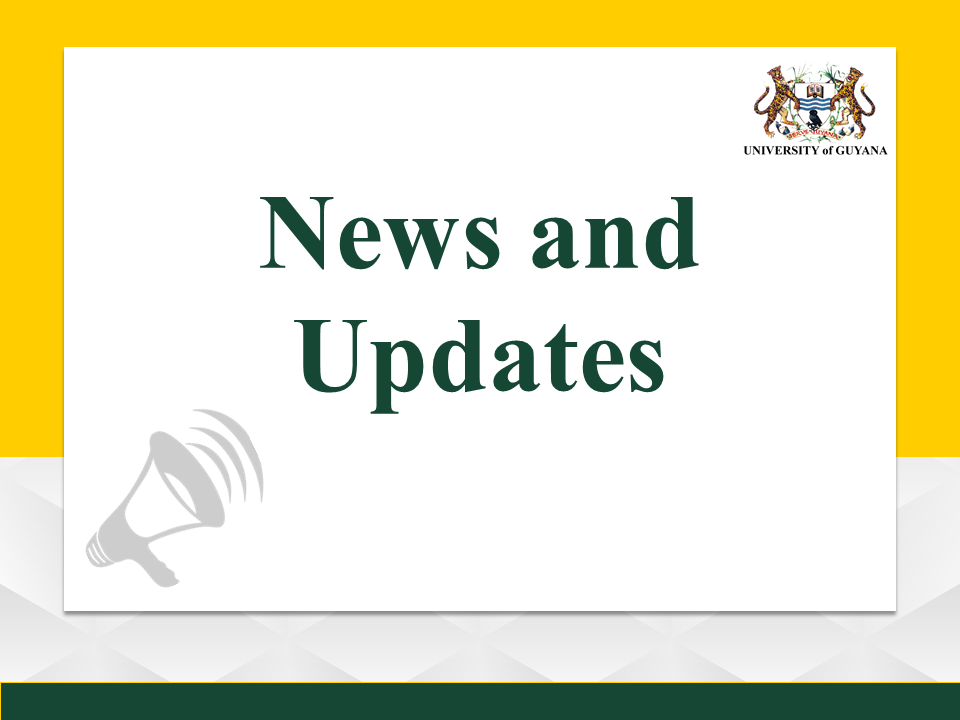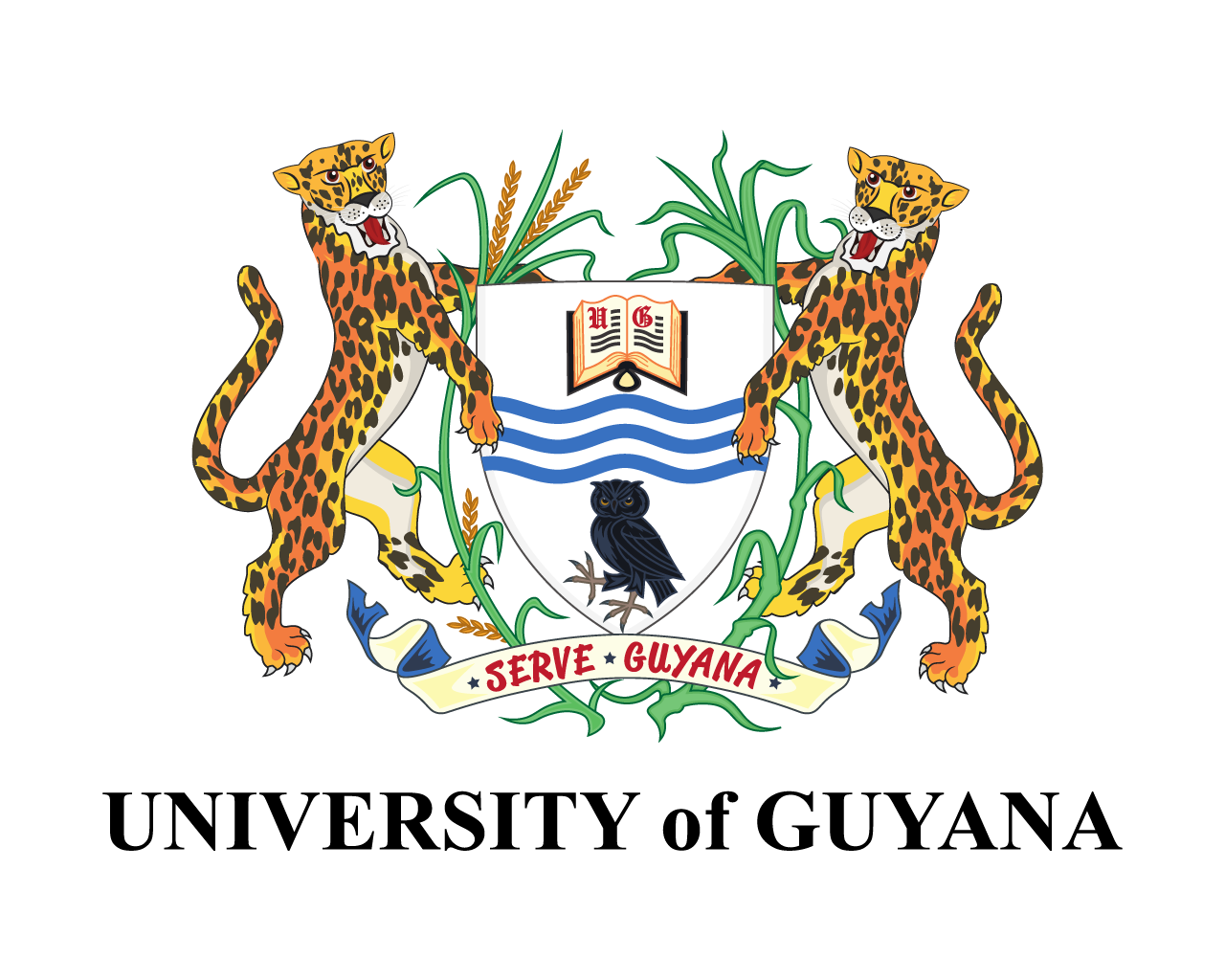
The Resource Curse and Democracy: Lessons for Guyana
Friday, June 12, 2020 - 19:02The University of Guyana's Growth in a Resource-abundant Economy and Environment (GREEN) Institute (UGGI) hosted a lecture via Zoom webinar on June 2, 2020, under the theme: ‘The Resource Curse and De- mocracy: Lessons for Guyana .
The presentation was made by Professor Michael Ross from UCLA Department of Political Science, who shared lessons from oil rich countries such Nigeria, Algeria, Venezuela, Iran etc. as a guide for Guyana to capitalise on the pending Oil Boom.
In reference to information in his book titled, "The Oil Curse" published in 2012, Professor Ross explained that oil wealth shapes the trajectory of low and middle income nations and presents a challenge in governance. He further noted, that oil wealth causes democracy to deteriorate. Therefore, he cautions Guyana to be wary of oil wealth causing the Dutch disease (where certain sections of society win and others lose).
In the oil equation, the Government wins (or more specifically whoever controls the government wins), as well as the oil industry and the service sector. The Government sees increases in revenue and spending (therefore a strict structure should be put in place on how oil revenue will be spent). Oil wealth increases po- litical power, (this leads to rulers staying in power for a long time, thus autocracies become powerful causing the deterioration of democracy.)
Moreover, government has the capacity to do public good and create a pathway to greater economic develop- ment and stability. It also has the power to diversify the economy through infrastructural development, better health care system, education etc. It might seem like the obvious thing to do, Professor Ross said. Yet it is very rare, research has shown that there has been less diversification of economies of oil rich countries be- tween 1995 and 2010.
In an effort to provide extra safeguard for Guyana’s democracy, Professor Ross recommends: power sharing arrangements, (this will create an opportunity for excluded groups to realise that they have a stake in the sys- tem, that they are not going to lose out from the current government and therefore they have an interest in playing by the rules and keeping institutions well-functioning); independent courts (these are critical for trans- parency); transparency, a strong civil society, strengthen educational systems and academic freedom of our young people.
There are no easy solutions, the UCLA Professor said. However, there must be changes from below ground wealth to above ground wealth and Guyana has to be equally vigilant to get the best bargain out of the oil deal and maintain its resources.
The webinar was a result of a recently held symposium of Social and Political Cooperation which addressed (i) Political cooperation and electoral systems in ethnically divided societies and (ii) behavioural/ experimental economics insights on cooperation and social learning. A number of related webinars will be held in the com- ing weeks to address issues such as Democracy and Governance, Elections and Electoral Reform in Diverse States, and Rent sharing and inclusive growth.
The UGGI is headed by director Dr. Thomas Singh and Coordinator Dr. Anna Perreira with the administrative support of Ms. Sharmin Sookdeo. The mission of UGGI is “to engage in education and training, research and advocacy, including the introduction of relevant technologies and best-practices among stakeholders, within the domains of the society, the economy and the environment, in order to enhance the well-being of Guyanese as individuals living in communities and as a nation.”
Public Relations Division
June 12, 2020
